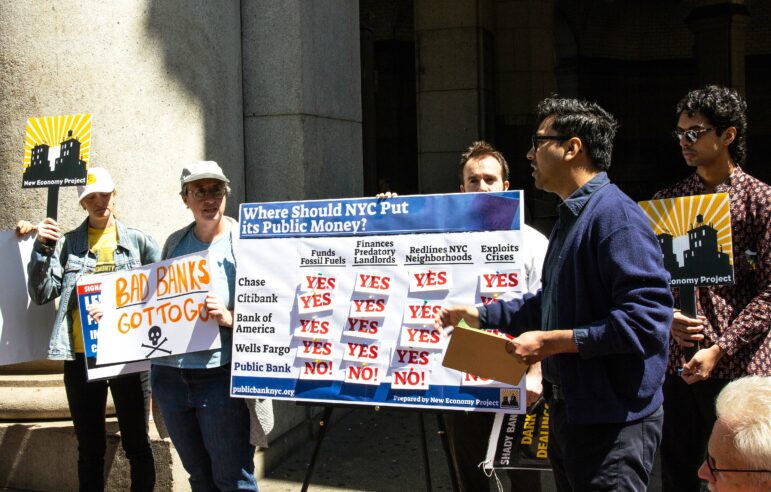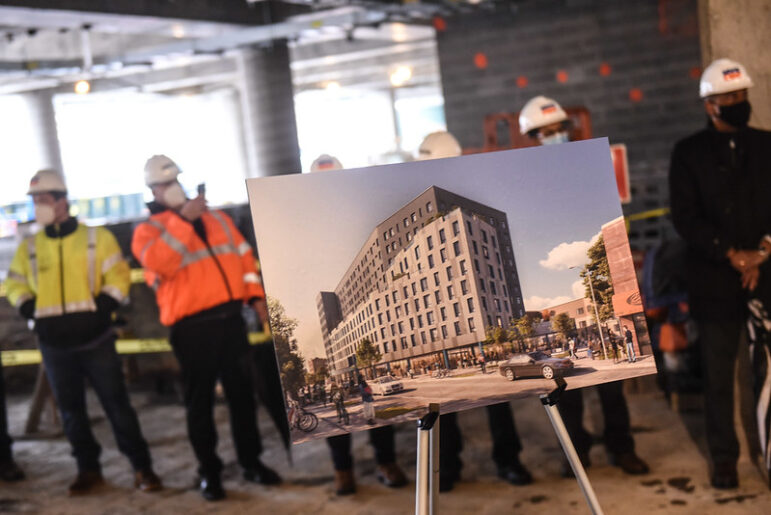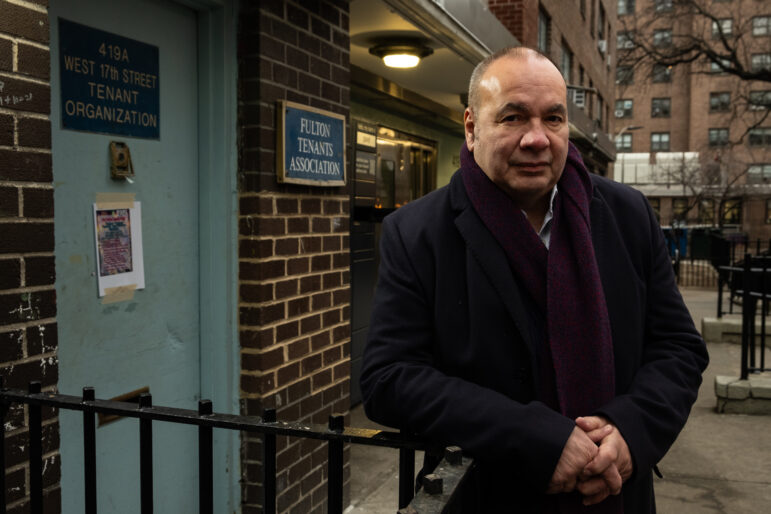It was no shock when Gus Bevona, the profusely paid and notoriously autocratic boss of the building services union, appealed a sweeping court decision taking the oversight of his local’s election out of his hands. The surprise came when Brian McLaughlin, head of the mainstream New York City Central Labor Council, rushed to support Bevona’s appeal–against the advice of his many advisers.
On December 15, Federal Judge Richard Owen found that Bevona–who pays himself $494,000 a year to run Local 32B-32J–“suppressed dissent” and trampled on members’ rights in an early 1997 election that opponents say was rigged. In addition to electing union reps, the members were voting on proposed bylaw changes that would have reduced officers’ swollen salaries, elected union representatives and guaranteed that members would have the right to approve contracts.
Union critics documented many abuses during the vote: leadership recommendations printed on ballots, unmonitored ballot boxes, and polling hours that excluded many of the union’s 55,000 mostly minority workers.
In his ruling, Owen wrote that union’s members will suffer “an enormous risk of abuse of power by the incumbent leadership” unless future votes are conducted by outsiders. Opponents say if Bevona runs the election again it will be even harder for them to win a majority–let alone the needed two- thirds needed to change the bylaws–in the February 4 vote.
McLaughlin, a Democratic Queens assemblyman and former electrical union official, instructed attorneys at his 500-union umbrella Central Labor Council to join in the appeal against the decision, arguing that the court dangerously exceeded its authority. “[Owen’s] orders threaten to fundamentally interfere with internal union voting policies and the right of unions to self-govern,” CLC chief counsel Douglas Menagh wrote to labor attorneys in a bid for support.
The decision to join the appeal was not a popular one, even among lawyers affiliated with the council. Only 12 of the 69 members of the council’s own lawyers’ advisory committee agreed to the appeal.
For their part, the anti-Bevona dissenters, who garnered 45 percent of the vote last time, were stunned by the council’s decision. “We proved at trial that members of our union were openly coerced,” says Carlos Guzman, leader of 32B-32J’s dissident Members for a Better Union. “This type of behavior should be denounced by the labor movement. And Brian McLaughlin, who wants to be mayor, should align himself with the rank and file he is supposed to be speaking for.”
At press time, the appeal is scheduled to be heard in state Court of Appeals on February 9, five days after the vote, which will be conducted by court- appointed election officer and veteran labor attorney Terry McGuinness.








